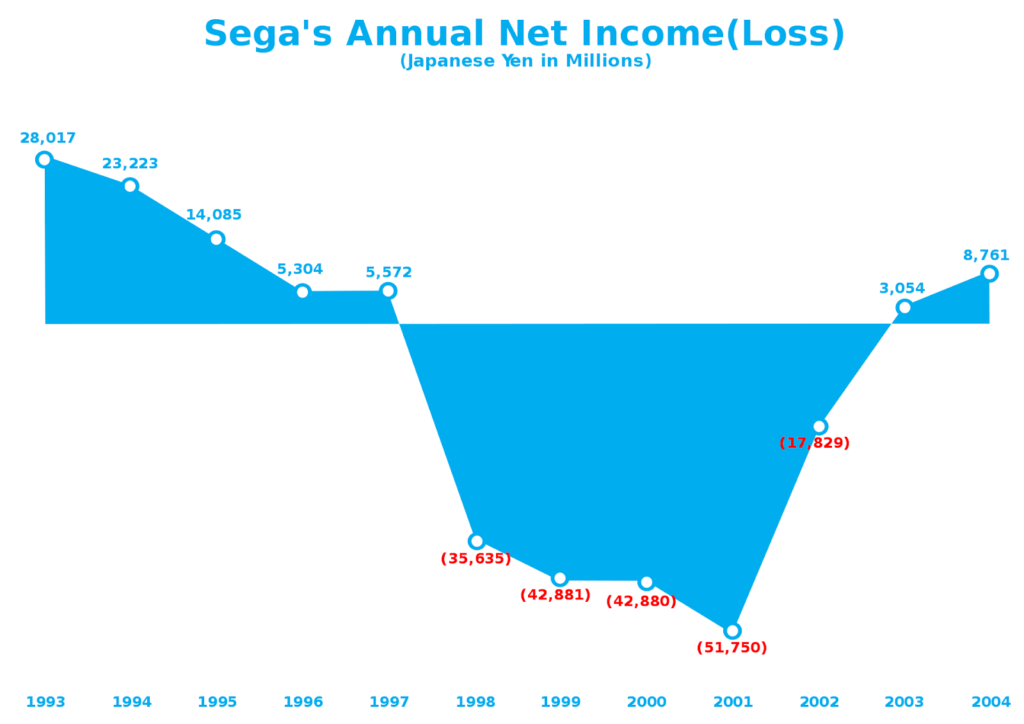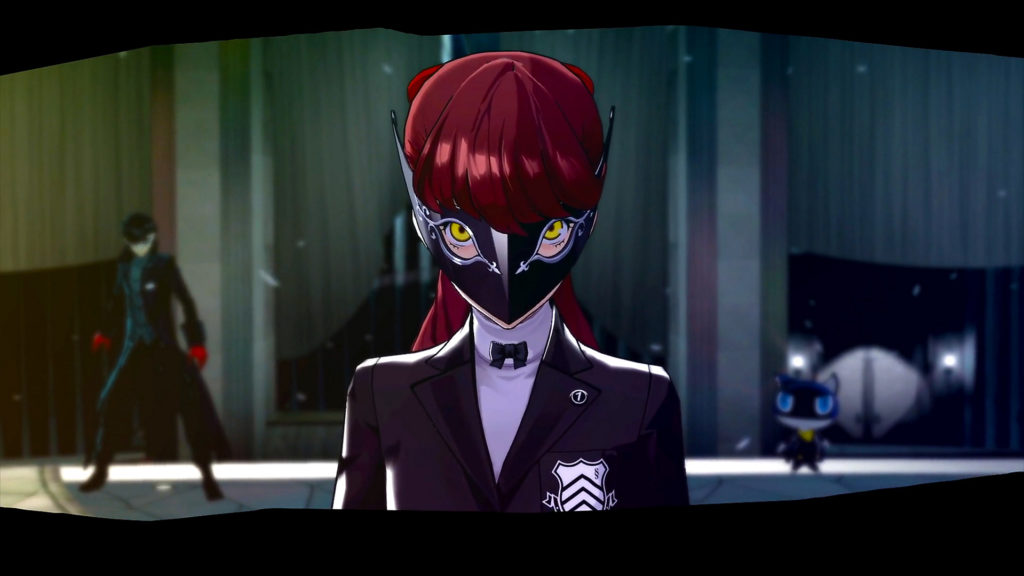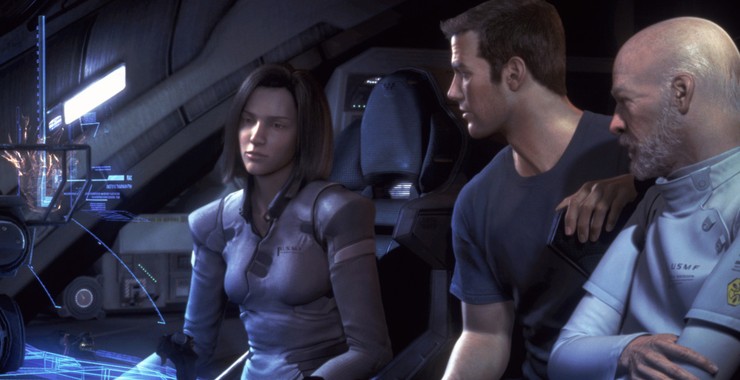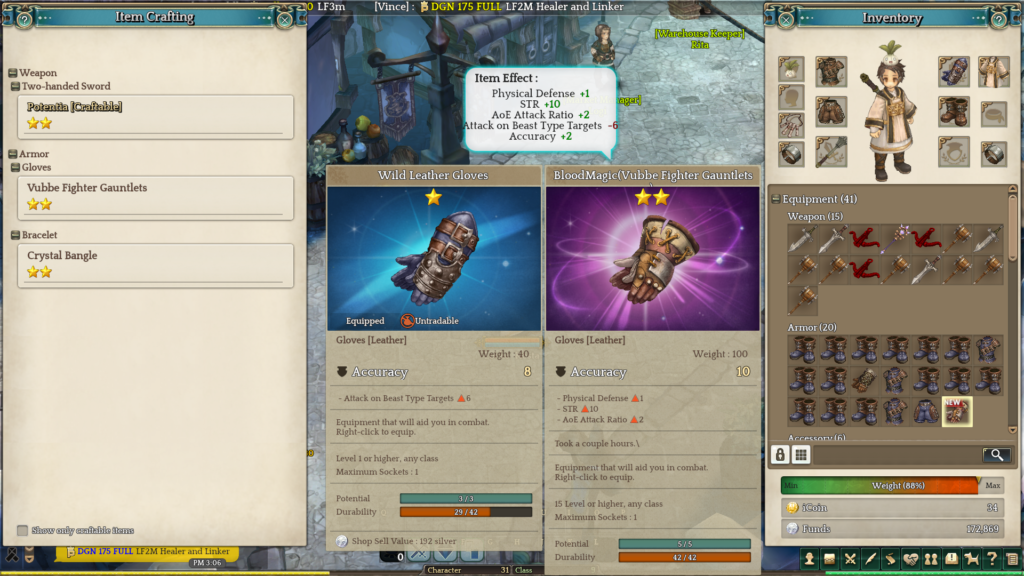At least 9 games came out in the dozen years videolamer went on sabbatical to backpack around Europe and really find itself. We did not have the opportunity to talk about any of these games in a timely fashion because the site was focused on getting its groove back, but that will not stop us from discussing these games absurdly late. Here are some of our favorites, disappointments, or just generally interesting games from the years after 2011 but before 2017.
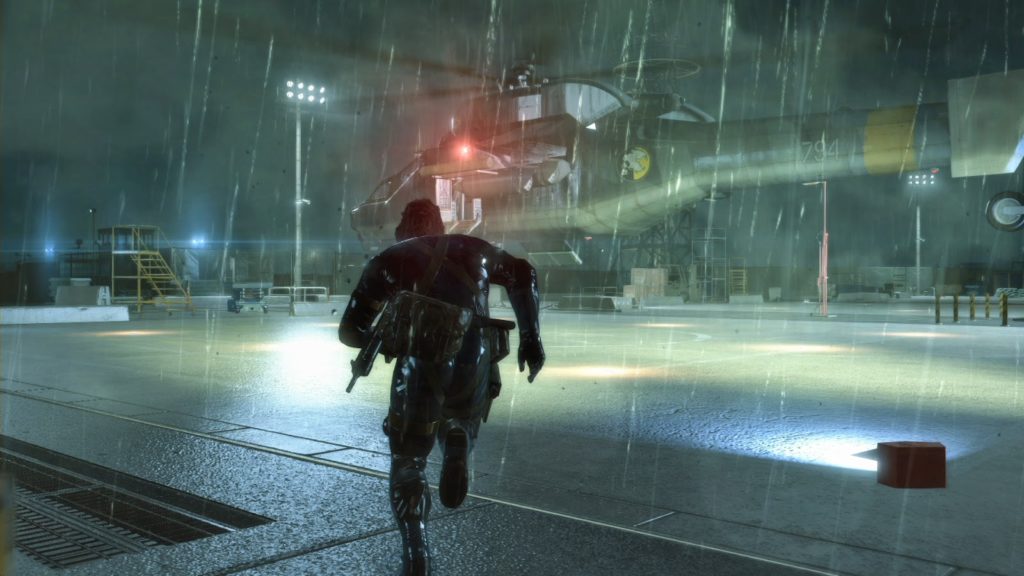
Matt
Metal Gear Solid 5: Ground Zeroes
It’s a weird argument to make, but the paid demo for Metal Gear Solid V: The Phantom Pain is a more satisfying version than the full release. While The Phantom Pain is undoubtedly a phenomenal game that should be considered one of the generation’s very best (despite its unfinished state), Ground Zeroes is more in line with what I consider to be a Metal Gear Solid game, and one that has a more satisfying sense of progression. → NiGHTS into REaDS


